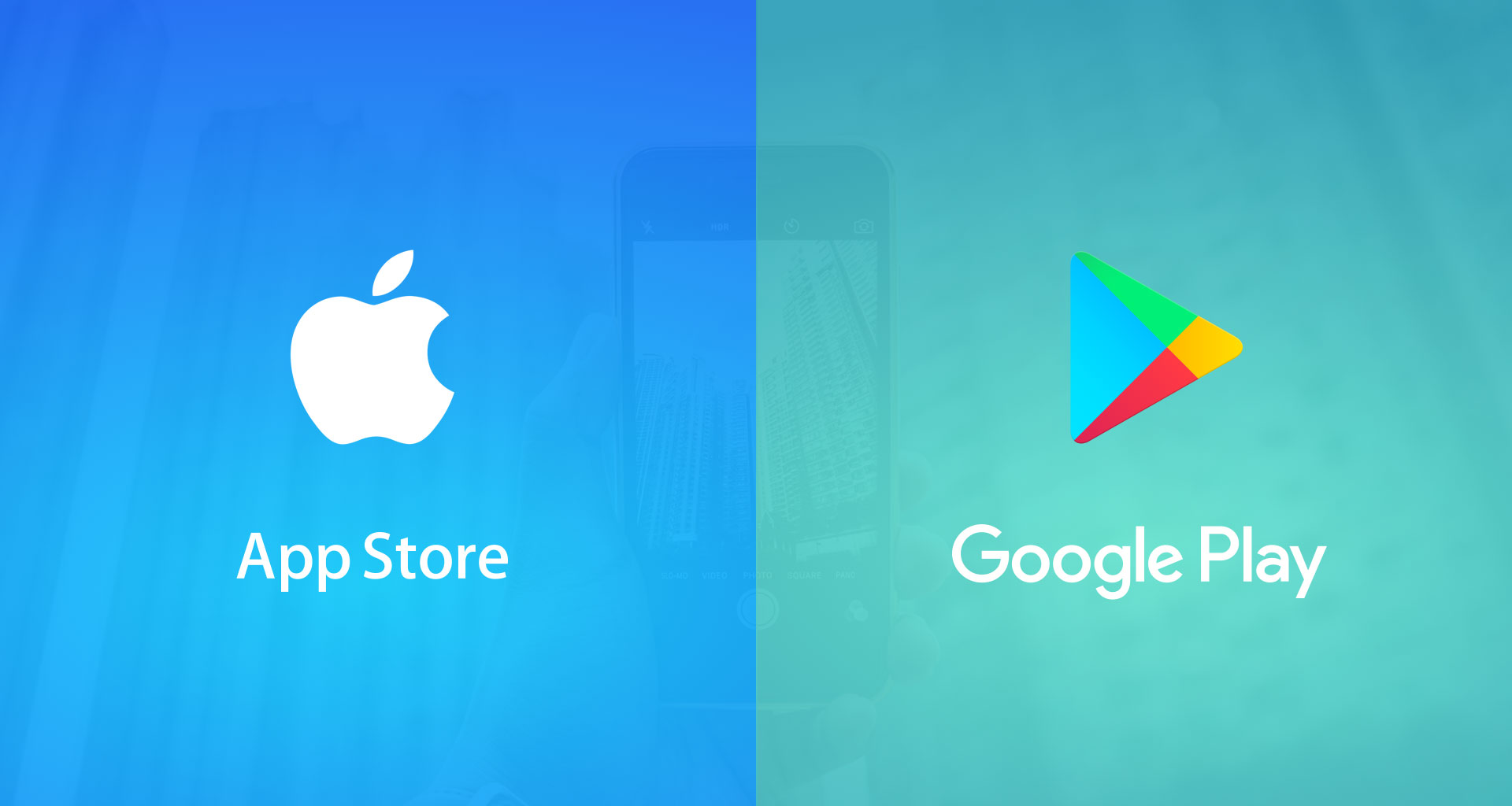
Everything has a price to pay, and that goes with Apple App Store and Google Play Store.
Apple App Store and Google Play Store boast digital bazaars showcasing millions of games, productivity tools and other software available for download onto handheld devices. They have disparate main businesses, but they run the world’s two biggest app stores.
When paying for something on Apple App Store or Google Play Store, the two companies take cut for everything. From downloading paid apps to in-app purchases, users are giving the two companies 30% of whatever is being paid.
And here, developers are suffering the most.
This is a simple case of duopoly, a result when both Apple and Google are having full control of their respective platforms and markets.
Related: Google And Apple, The Two Giants That Control The Mobile Internet
The two companies control most smartphones through their Android and iOS operating systems.
Apple doesn’t allow other app stores on its platform. Google does, but the company has complex agreements with Android phone manufacturers that require them to preinstall its Play Store and some other Google apps.
The result: Apple and Google’s developer fees have remained stubbornly high. As apps have become more important economically, criticism has mounted, with some developers complaining loudly about the two app stores' 'tax.'
This abuse of power means that developers must work with Google and Apple if they want to reach the billions of smartphone users as customers. With almost a third goes to these companies, the two are creating highly profitable businesses.

Users spent more than $100 billion through these digital marketplaces in 2018 alone, with Apple’s App Store handling 45% of that, and Google accounted for 25%.
In their home country at the U.S., the two companies control more than 95% of all mobile app spending by consumers, according to data by Sensor Tower.
Both Google and Apple are well prepared to defend themselves against any antitrust scrutiny.
For example, Google and Apple have highlighted their ability to filter out fake apps and malicious software with their quality control. With a centralized control, the two boast that their respective app stores can distribute apps widely, ensure updates, handle identity and payment details.
For good reasons, both Apple App Store and Google Play Store showcase convenience places for developers to sell their products to the masses, and at the same time allowing end users to experience and get almost whatever app they need.
Easy to use, occasional discounts, app ranking system, powerful search engine and more, both app stores are simply two of the best out there.
But the fact here is that, the two companies are the ones who benefit the most.
The 'tax' developers have to pay simply lower their business opportunities and restrict innovations. And as for users, they are also subjected to extensive tracking that may invade their privacy.